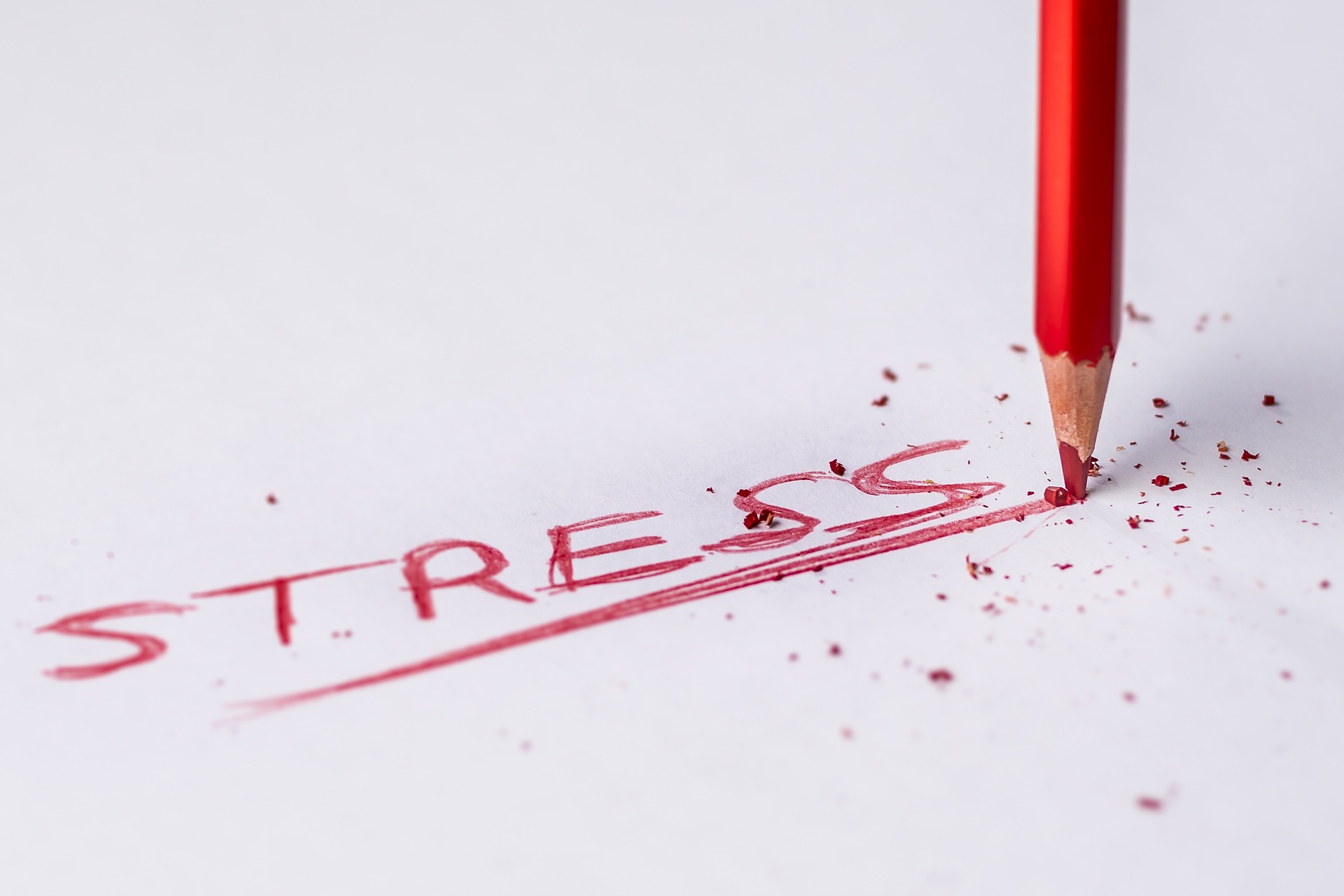Published: 02 Nov 2022
Stress can affect anyone, in any role, and the surveying profession is no exception. Everyone deals with stress in their own way. Some people ‘cope’ with it, which is not to mean it doesn’t exist, but they have developed ways of dealing with it. These coping mechanisms can make life easier, but for others the weight of stress can cause them very real problems in their day-to-day lives. If stress becomes a greater issue it can cause all kinds of other problems, such as insomnia and fatigue. It is also intrinsically linked to – and can be the cause of – related mental health issues, such as heightened anxiety and depression. It can be an issue that is seldom talked about, but often chatting to someone can make all the difference.
Focus on stress
National Stress Awareness Day is an annual event that seeks to highlight the issues that affect everyone. This year it takes place on Wednesday 2 November and aims to make people aware of the stressors in their daily lives and how to combat them. Sometimes it’s deadlines, sometimes it is intensity of work, often it’s the work environment itself, or work colleagues. These can all cause stress and surveyors can encounter these stressors in the workplace regularly – be it in the office or out on site.
Being ‘stressed out’ by things is often taken for granted as a part of normal life. Millions around the UK experience stress and it can be damaging to our health and wellbeing. According to the Mental Health Foundation, at some point in the last year 74% of us felt so stressed that we have felt unable to cope and were overwhelmed. Stress is how your body copes to help you deal with pressure, worry or threats. It is sometimes called a ‘fight or flight’ response and is often heavily linked to anxiety. If you are stressed, you are likely to experience anxiety too. When you’re stressed, your body releases stress hormones such as adrenaline and cortisol. However, your stress hormone levels usually return to normal when the pressure or threat has passed.
Coping with stress
Stress is small amounts can be beneficial, as it can provide positive motivation to inspire you to take action and get tasks completed. It can also make you feel excited. But excitement can quickly turn to panic and too much stress can cause negative effects, such as changes in your mood, your body and mental health, and can cause relationship issues, both at home and at work. It can affect your productivity and even your appetite and diet.
Feeling constantly anxious is not a healthy state of mind and there are many ways to counter stress. These include making sure that you take time to unwind from the everyday stressors and recognising the source of your stress. For example, if you find yourself being caused stress by reading about the national news every day, then try to take a break from contact with news stories. Consider limiting your ‘screen time’ and read a book or enjoy a walk instead. Healthy living and a balanced lifestyle are key to beating stress. Take care of yourself, eat healthily, take exercise and sleep soundly. Try to avoid excessive alcohol and tobacco, as drinking and smoking more can ben indicators of a stressed lifestyle. It also helps to talk to others. An event such as National Stress Awareness Day can bring into focus where help, if needed, can be found.

